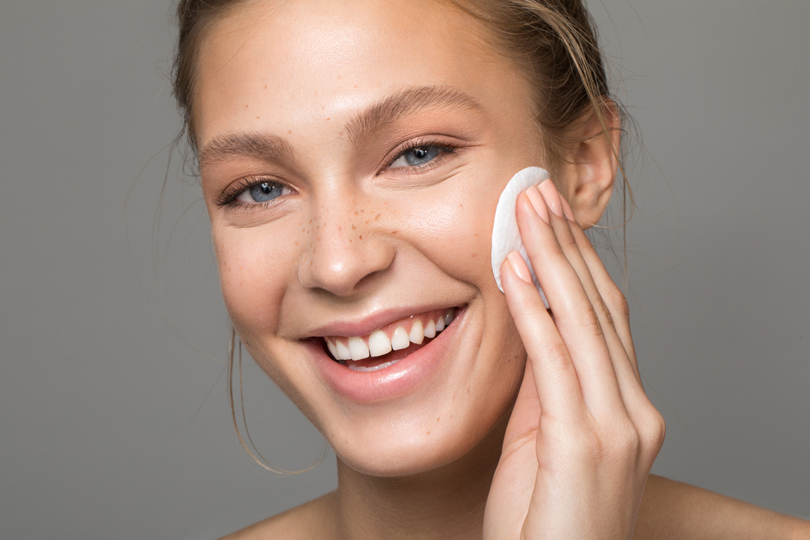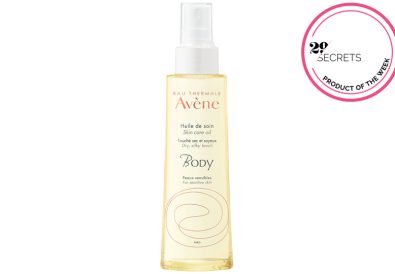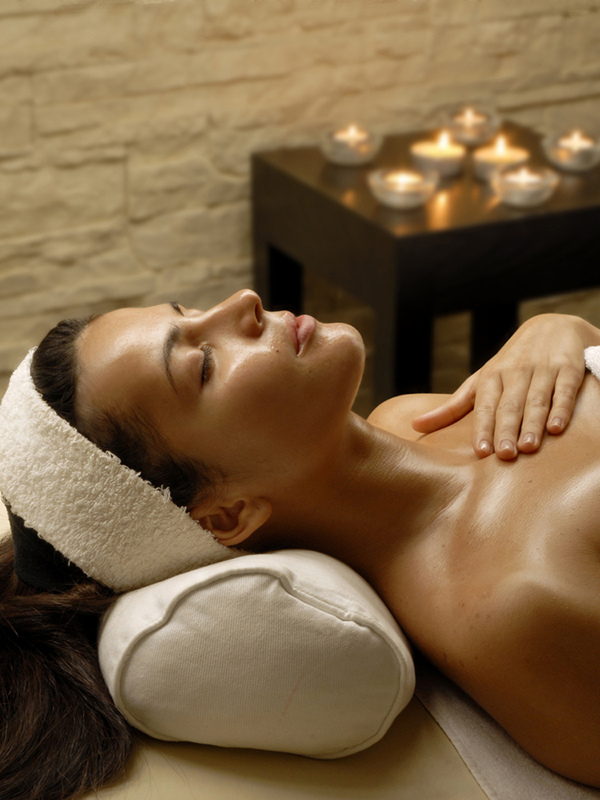“Ok, WTF is toner?” I get asked this question all the time and never have the proper answer for it. I mean, I use toner every single night but that’s just because it’s basic skincare 101: cleanser, toner, moisturizer, right? Experts rave about this supposedly crucial nighttime routine step, what does it actually do besides removing the remaining makeup by my hairline? So I spoke to Dr. Sonya Abdulla, a dermatologist with Dermatology On Bloor in Toronto, to find out more about this misunderstood product. Here’s what she had to say:
So what what’s the truth behind toners?
Skin toners or tonic were classically used after cleansing to remove residual lime or calcium left behind after washing with regular water from the bathroom faucet. Water quality and purification systems have since evolved significantly where this residue is no longer an issue. Today, toners are like primers [of] skincare the same way we use primer prior to makeup application. Toners hydrate and prepare the skin by clearing any additional residue from cleanser, make-up or pollution and prep the skin upon application of additional active ingredients.
When should we use them?
Toner should be used post-cleansing, but before your evening skincare routine. Application may be done directly with fingertip massage using upwards motions or application to cotton pads, again with gentle upward application to the face and neck.
Who should use them?
Toners have traditionally been used in oily and acne-prone skin, but as toners evolve they have [been] developed to improve the skin barrier function and hydrate the skin. Toner should be selected based on your skin type or whatever your target skin condition may be “ acne, hyperpigmentation, dry skin, dull skin.
What are the key ingredients to look for?
For people with oily or acne-prone skin, you may look for additional ingredients such as salicylic acid (BHA) or lipo beta hydroxy acid (LHA) which target the oil gland to decrease sebum production and gently exfoliate the skin. Glycolic acid is helpful for those with prominent pores or dull complexion. AHA’s gently exfoliate the excess skin and debris associated with pores, minimizing their appearance.
Who shouldn’t be using them?
Patients with sensitive skin, eczema [and] rosacea should exercise caution with toners. For people with mature or sensitive skin, micellar water may be most appropriate since this provides a way of cleansing and toning without disrupting the skin barrier and inducing irritation.











